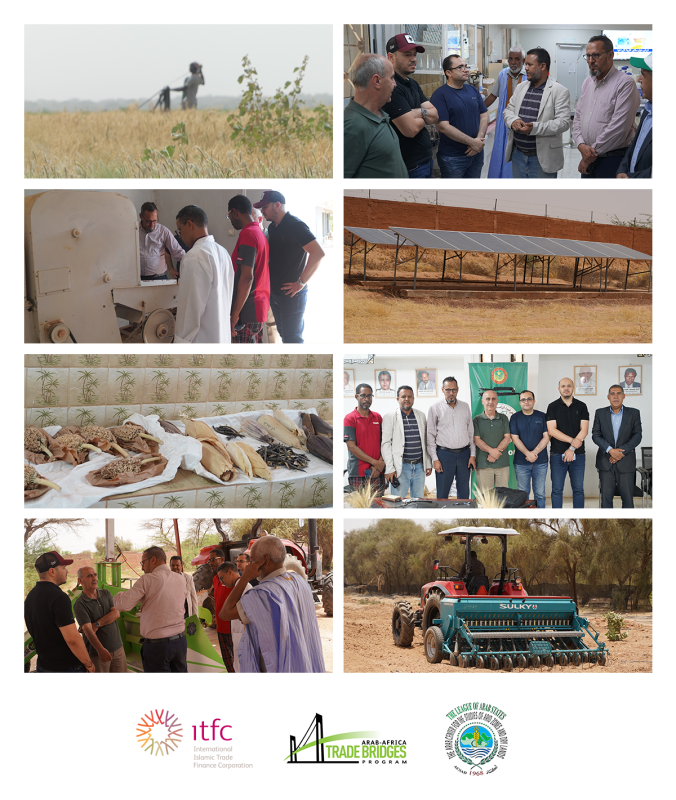AATB Program launches wheat seed multiplication project in Mauritania
Mauritania has launched a national wheat seed multiplication programme with the Arab Africa Trade Bridges (AATB) Program in a bid to strengthen food security and reduce reliance on imports.
The initiative is being carried out with the Arab Center for the Studies of Arid Zones and Dry Lands (ACSAD) and the International Islamic Trade Finance Corporation (ITFC), alongside the Ministry of Agriculture and Food Sovereignty. Officials said the effort seeks to boost the supply of certified wheat seed while improving yields for farmers.

A pilot project in the Arkez region produced more than 16 tonnes of wheat during the 2023–24 season, which is now being used for multiplication in the 2024–25 planting cycle. Partners said the next step will be to expand into other provinces and build a national breeding programme focused on drought- and heat-resistant varieties.
Pilot results set stage for expansion
ACSAD provided the wheat varieties and technical expertise for the pilot, while ITFC and AATB offered financial and logistical support. A steering committee, which also includes Mauritanian officials, met in September 2024 and May 2025 to review results and set out the programme’s second phase.
Plans include strengthening quality controls, scaling up production, and modernising the seed distribution system. Officials said the goal is to establish a certified seed chain that can replace imported wheat and stabilise local supply.
Wider goals for food security
The project is also expected to introduce new training programmes for farmers and technicians while building institutional frameworks to support the seed market. Backers say the initiative could be a model for other Arab and African countries that face similar dependence on wheat imports.
Analysts, however, warn that scaling from pilot plots to national coverage will require sustained investment, better certification systems, and farmer adoption.



